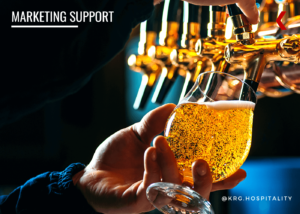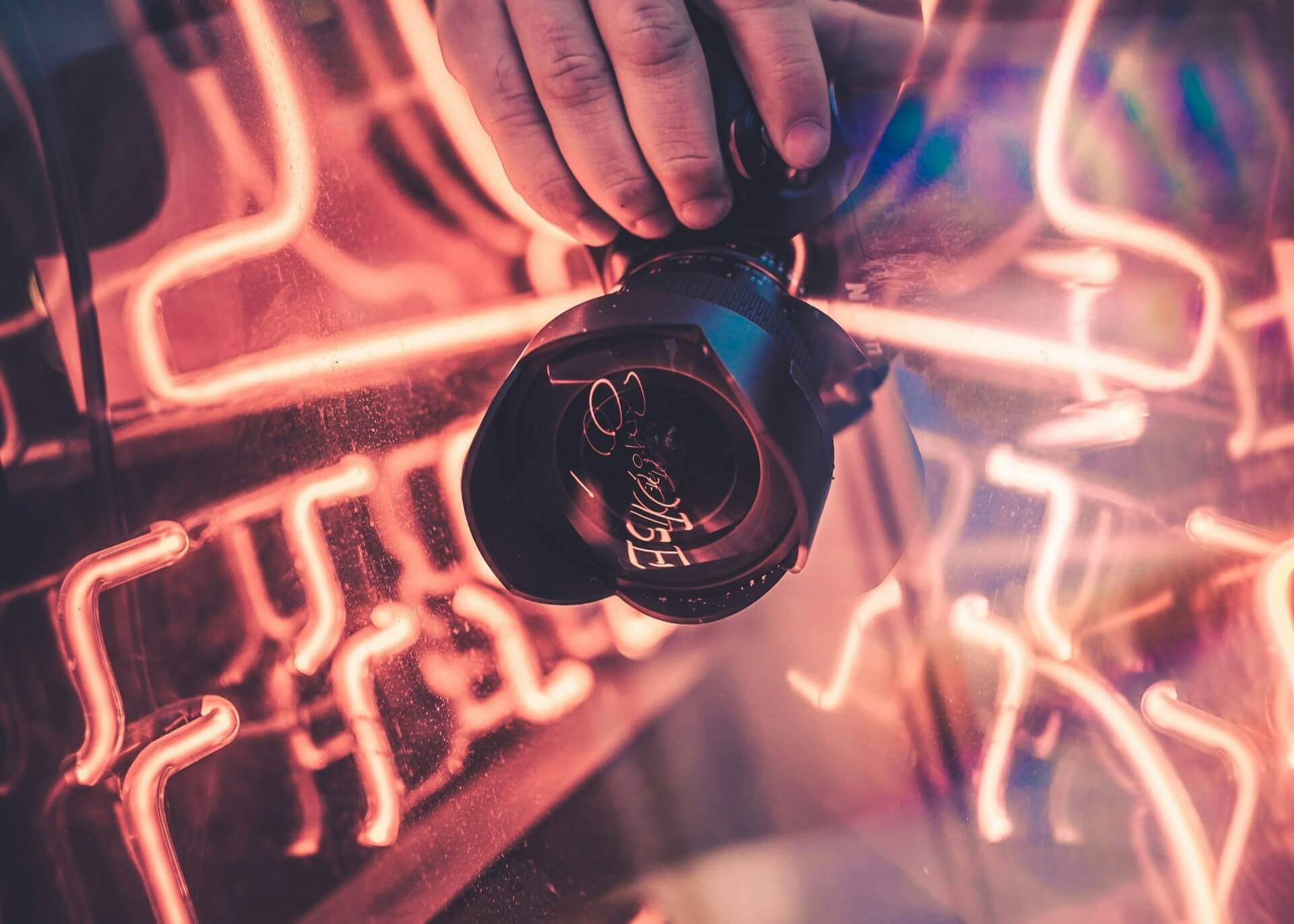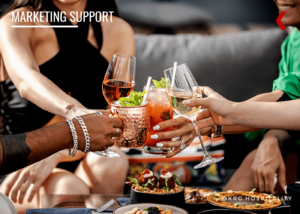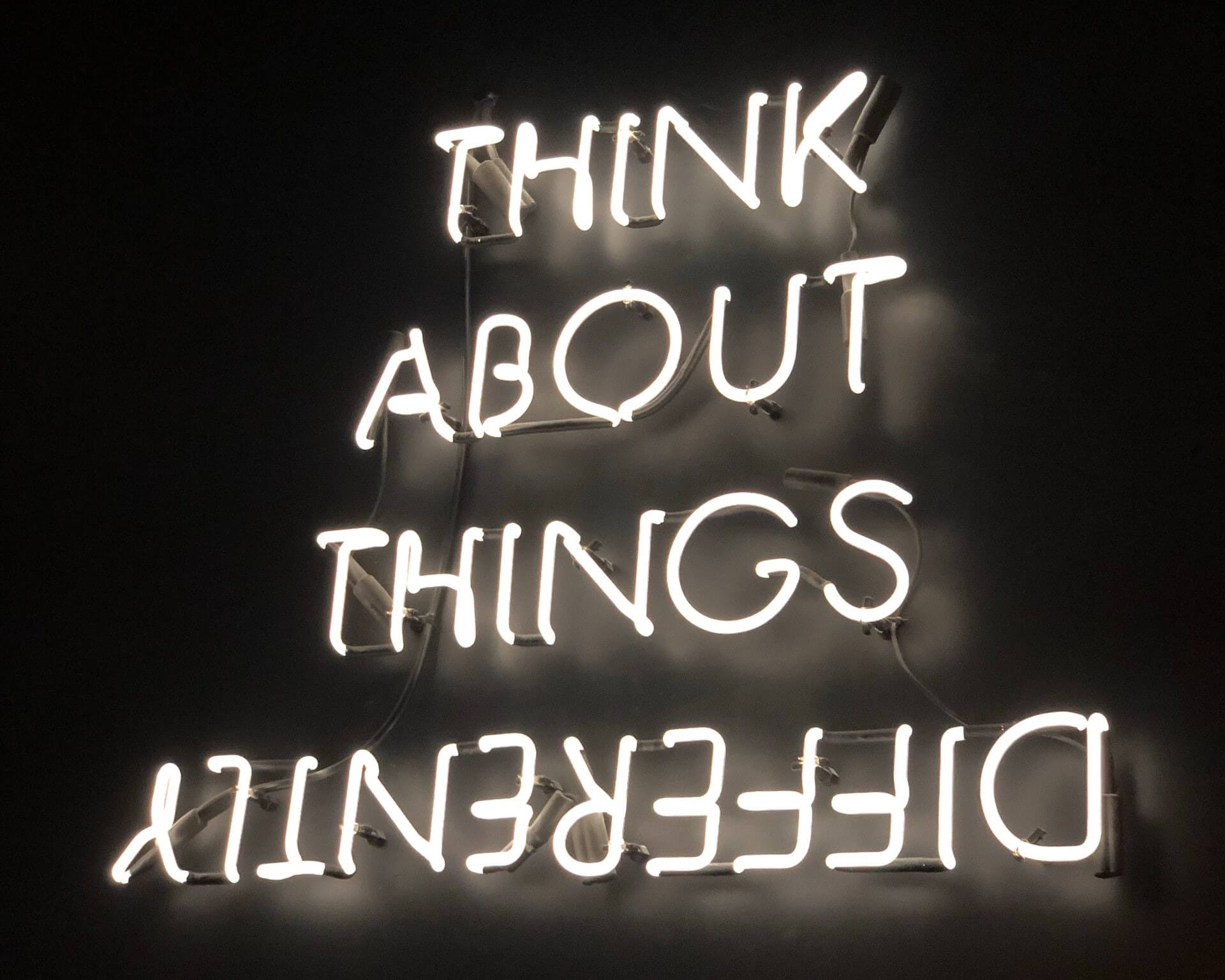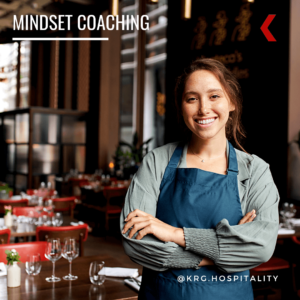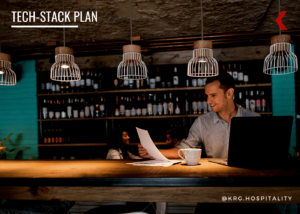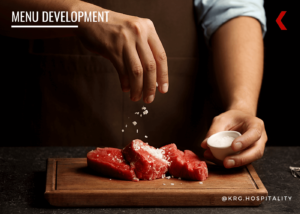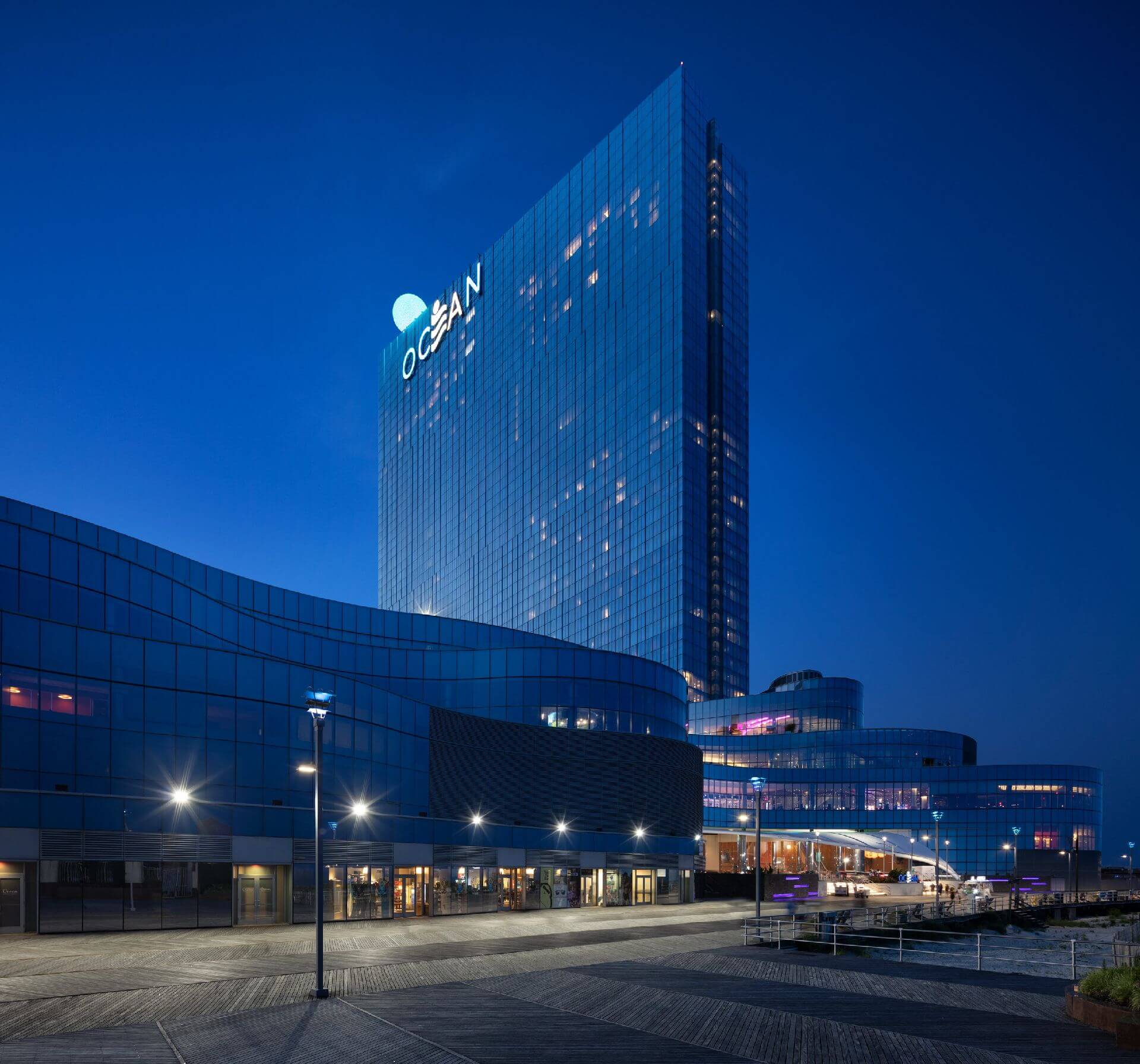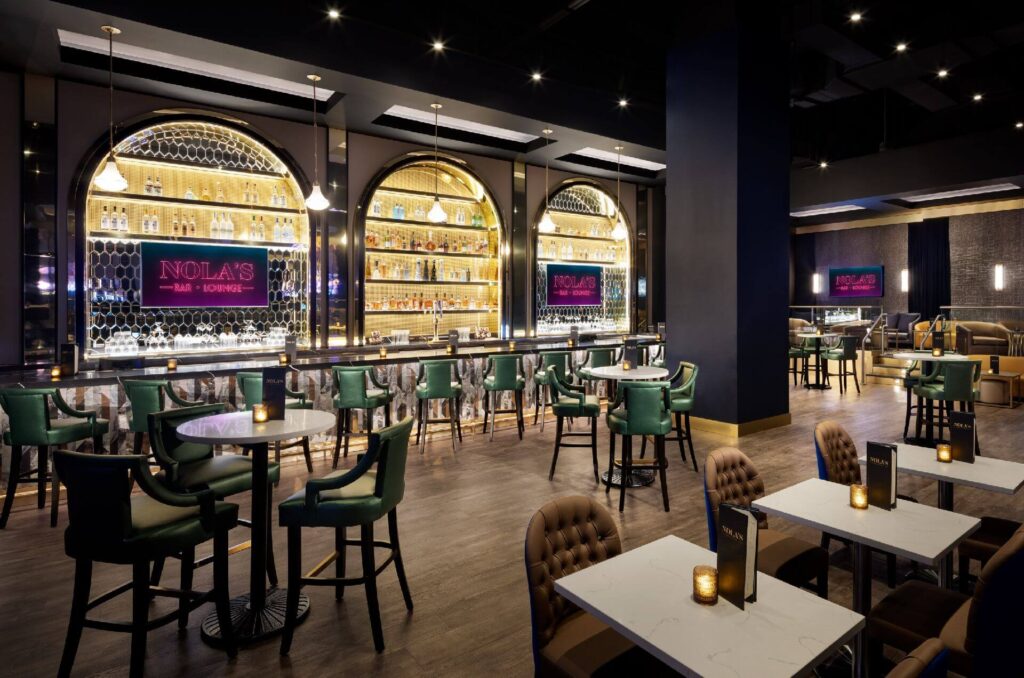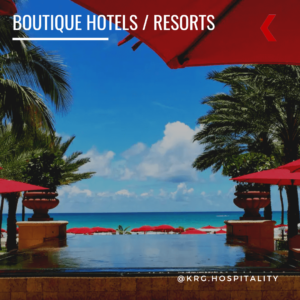Text, Email & Social Media Marketing: Which is Best?
by David Klemt

Text-message marketing versus email marketing: which is best for your business?
One of the key topics that SevenRooms addresses in the first of their annual trends report is how operators can make the most of their marketing efforts.
Today, the primary marketing channels are text/SMS, email, and social media. An operator needs to understand their guests to know which will be most effective for their business.
Or, more accurately, an understanding of one’s guests is the key to leveraging a mix of those channels effectively.
An operator must consider their target audiences, and how they tend to engage with brands. Further, consideration must be given to people’s relationships with their phones.
As a real-world example, one of our clients’ guest pools skews significantly toward Baby Boomers. When discussing marketing strategy, the client expressed a concern when text marketing came up. They stated that their older guests would likely push back against this form of marketing.
However, no generation is a monolith. Therefore, I’ll be speaking in generalities when it comes to generational cohorts and their behavior.
Marketing Channel Engagement
Generally speaking, younger generations don’t seem to find text marketing invasive. Younger consumers are also used to engaging with and discovering brands and businesses via social media.
In contrast, an operator may find that their older Gen X and Baby Boomer guests prefer email marketing. It’s important to bear in mind that older generations also consume social media content. For example, SevenRooms findings show that 24 percent of Gen X and Baby Boomers can be influenced to visit a restaurant via F&B posts. However, these generations appear to engage with menu posts from restaurants they already follow.
That last bit of information tells me that older guests follow restaurants they’re considering visiting or have visited previously. Per SevenRooms data, the same goes for Millennials. That said, 43 percent of this generation are influenced by posts that showcase a restaurant’s personality.
Interestingly, just over half of Gen Z is influenced via video content from businesses they don’t already follow. These accounts are pushed to them via a platform’s engagement and discovery algorithms.
With the caveat that I’m painting different generations with broad strokes, posts that show off the menu may work best to engage older consumers. Posts that illustrate the personality of a brand and its team may resonate best with Millennials, and video content is king for grabbing the attention of younger consumers.
Businesses targeting a mix of consumers will want to develop a varied social media strategy. Content should consist of still photos and video that show off menu items, team members, and what guests can expect during a visit. Engagement will show an operator which posts are resonating the most with their followers and guests.
So, which marketing channel is best? All of them, when combined strategically.
An Effective Mix
Speaking of developing an effective strategy, SevenRooms asked operators about their social media marketing results.
Since the point behind marketing is to increase bookings to boost traffic and revenue, SevenRooms looked into which social media content achieved the best results.
Nearly 40 percent of operators surveyed said that organic posts result in the most bookings. This is followed by paid social media advertising, at 33 percent. Just over a quarter of operators surveyed pointed to influencer content as driving the greatest number of bookings.
One percent of operators say they don’t track their social media marketing results. For obvious reasons, this isn’t part of a winning strategy. If the results of an operator’s marketing efforts can’t be tracked, how can they know what works, and if they need to change an element of their strategy (such that it is)?
Nuance
As SevenRooms makes clear in their 2024 Restaurant Trends and Diner Expectations report, a multi-channel marketing strategy is a key to success.
Results will boil down to more than texting younger consumers and emailing older consumers. SevenRooms suggests what we at KRG Hospitality would also recommend: nuance.
An actual strategy is necessary, and that means being intentional with each marketing channel.
For context, an operator is likely best served to keep marketing text messages short. So, think reservation availability due to cancellations or no-shows. Email is a marketing channel best suited to longer messages. When it comes to social media marketing, a restaurant or bar’s social accounts should be viewed as relationship-building avenues.
In closing, an operator’s multi-channel marketing strategy requires a multi-pronged approach. Each channel must be leveraged differently. Text marketing shouldn’t be used the same way as email marketing messages, and neither should be used in the same way as a brand’s social accounts. When it comes to those accounts, a mix of posts is most effective for reaching different types of consumers.
The real keys are for operators to know who they’re targeting, track their marketing efforts, and develop an understanding of their guests. Throwing things against the wall to see what sticks just creates a mess; operators must be intentional in their marketing and operations to convert guests and achieve long-term success.
Image: Andrea Piacquadio via Pexels

